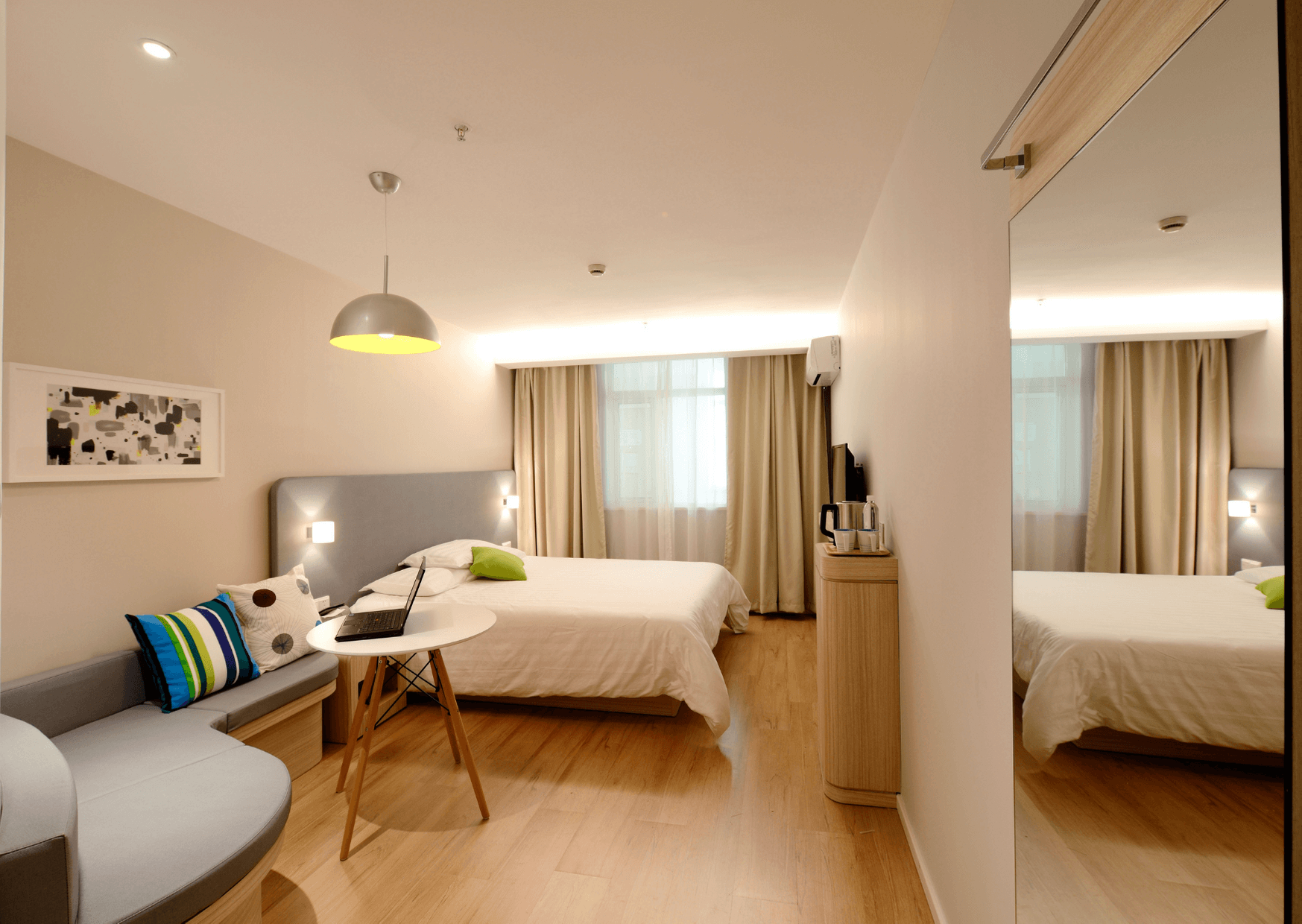
Principles of Designing Bespoke Hotel Furniture
The constant introduction of innovations and adapting to new technologies are the main conditions for remaining competitive in the hospitality industry. In hotel projects, a lot of emphases is placed on tailor-made furniture and interior design to stand out from the crowd. Over the years, hotels have ceased to be just impersonal places to stay while travelling, and bespoke furniture for individual hotel projects cause a significant increase in bookings and popularity among many target groups. Whether the project is for a modern hotel using contemporary furniture or a historic hotel with a traditional style, experienced contract interior designers, general contractors and hotel furniture manufacturers for hospitality rely on three main principles: quality, functionality and individuality.
Quality
Custom-made hotel furniture also has to meet all standards for contract furniture for hospitality. Hotel operators should require written specifications indicating minimum performance and safety levels, and seek evidence that the products meet the relevant requirements. They should also check if the product specification complies with all local and national fire regulations. Solid beech is an ideal, durable and economical material for the construction of tables and bases. The fabric selected for upholstery will also have to be durable enough. Contract fabric intended for hospitality uses a minimum of 40,000 rubs when tested with the Martindale Abrasion Test, meaning that this fabric can withstand 40,000 times contact before showing signs of wear. There are three main British Standards which applies to:
BS 7176 – upholstered furniture for non-domestic market BS 7177 – divans and bed bases
BS 5867 – curtains, drapes and window blinds.
Functionality
Hotel contract furniture should not only be aesthetic but also functional and solid. Designers usually adjust furniture to the available space, number of guests and traffic. Maintaining a balance between the form and function of the furniture is crucial in hospitality projects. Functional furniture is a simple, detailed, more universal form. Bespoke hotel furniture is not only glued but also screwed and dowelled at all the critical joints. This combination makes them much more durable and stable. Custom-made furniture must also meet the requirements of environmental standards. Finishes on the surface of the tables should meet the minimum requirements for durability, including resistance to hot objects and liquids. Fabric or leather covers selected for use on the seats should meet the minimum performance requirements, which will eliminate customer complaints during use. Crucial properties of fabrics or leathers for upholstery are light fastness, abrasion resistance, seam strength, pilling and dirt resistance.
Individuality
Interesting, bespoke furniture for hotels can be a focal point of many projects and increase hotel turnover. Custom-made furniture solutions in hotel interiors create a unique atmosphere of these places. Maintaining a balance between elements such as dimensions, shape, fabric pattern and stain selection helps to create a unique piece of furniture. Bespoke hotel furniture is unique furniture whose concept may be based on an existing design but made entirely from scratch. This requires the preparation of detailed construction drawings for each component, as well as product manufacturing by a team of specialists. Basic elements such as dimensions, stability and mechanics have a great influence in ensuring that the furniture performs as intended.
